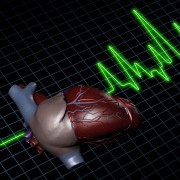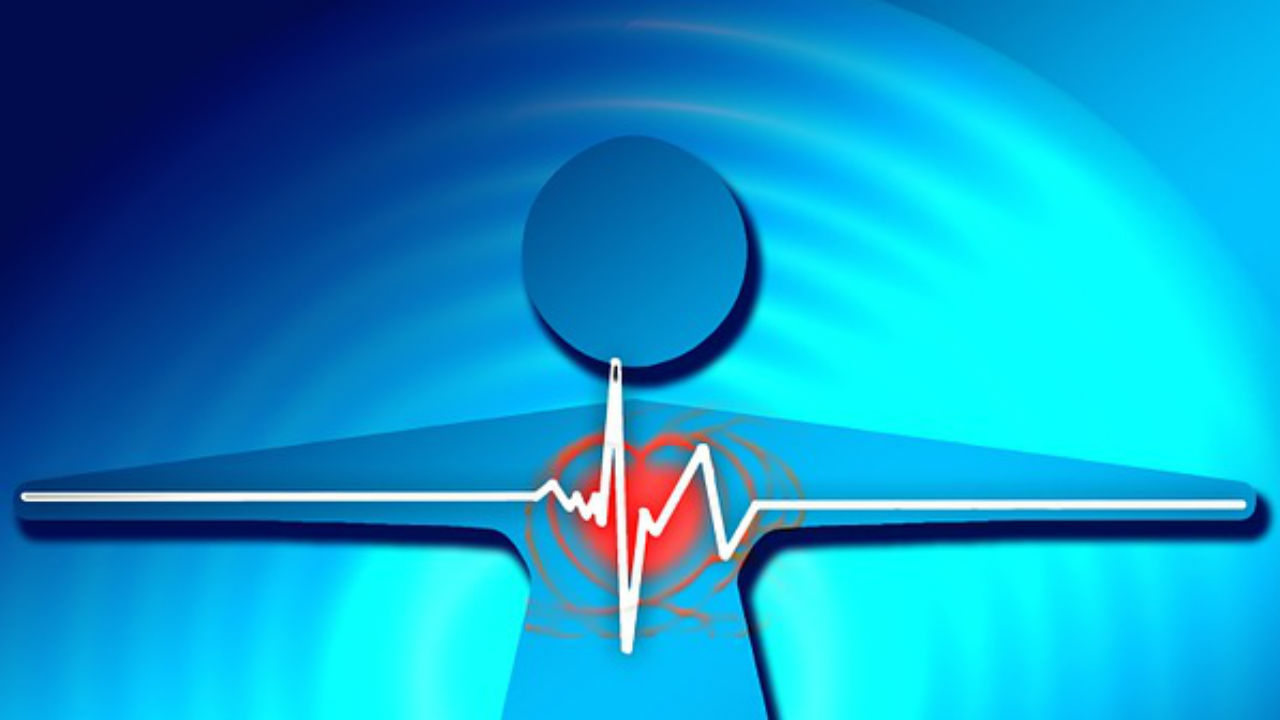 Photo: Getty Images
Photo: Getty Images
Congestive heart failure is a condition caused when the heart is unable to supply enough oxygenated blood to the body. Since the body is no longer receiving the necessary oxygen supply, organ failure can occur. Failure of heart muscle can occur in the left ventricle (left-ventricular heart failure) or in the right ventricle (right-ventricular heart failure). The location of heart failure and affected organ systems determine the symptoms displayed by the patient.
An early symptom of congestive heart failure is the onset of fatigue. Patients may begin to notice a decrease in activity, associated with feelings of weakness and faintness. The overall decrease in activity may not be initially apparent, and it is not uncommon for CHF to be ignored when only these symptoms are displayed. Further, these symptoms are nonspecific, and can relate to many other disorders.
A more noticeable symptom--edema of the ankles, legs, or abdomen--develops from a backup of fluid in the body. Edema is caused by right ventricular failure. The right ventricle is unable to pump the normal load of deoxygenated blood, which causes fluid to buildup in the lower extremities. The development of edema can indicate left-ventricular heart failure as well, as this is typically the cause of failure in the right side. Right-ventricular heart failure can also result from severe lung disease or a disease of the right heart muscle.
Fluid can also accumulate in the lungs, which can cause breathing difficulties. Patients may initially experience chronic coughing, which can develop into shortness of breath. Shortness of breath is commonly experienced following exercise for normally active individuals or while lying down. Some patients may have difficulty breathing during the night. This can contribute to difficulty sleeping.
Individuals may also have an irregular or rapid pulse, as well as palpitations. Some may experience weight gain, loss of appetite, or indigestion. Others may experience difficulty concentrating, nausea and vomiting, decreased urine output or a need to urinate at night. However, heart failure can still occur without these symptoms developing.
Because of the severity of CHF, it is important to seek professional help as soon as possible. While symptoms of CHF may not manifest externally, it is important to contact a physician if you are at risk and experience abnormal feelings. A variety of diagnostic tests exist to determine if CHF is present, such as blood tests, angiograms, chest x-rays, echocardiograms, electrocardiograms, myocardial biopsies, MRIs, right heart catheterization, stress tests, and MUGA. Once detected, there are a variety of treatments, including surgery, medications, and medical devices.
References:
1) http://www.medicinenet.com/congestive_heart_failure/article.htm
2) http://www.nlm.nih.gov/medlineplus/ency/article/000158.htm
3) http://www.mayoclinic.org/congestive-heart-failure/treatment.html






Add a Comment1 Comments
CHF can be caused by many diseases for example high blood pressure, heart diseases and kidney diseases. CHF is not a curable disease but the symptoms of the CHF can be dramatically diminished by following a healthy diet plan and exercises specifically designed for patients of CHF.
March 10, 2011 - 3:12amCauses of Congestive Heart Failure
This Comment